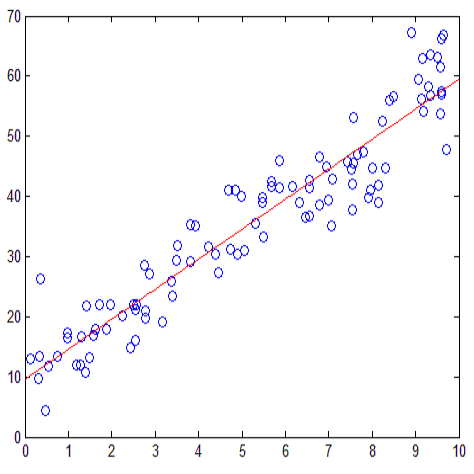In Genome-Wide Association Studies (GWAS), heritability is defined as the fraction of variance of an outcome explained by a large number of genetic predictors in a high-dimensional polygenic linear model. This work studies the asymptotic properties of the most common estimator of heritability from summary statistics called linkage disequilibrium score (LDSC) regression, together with a simpler and closely related estimator called GWAS heritability (GWASH). These estimators are analyzed in their basic versions and under various modifications used in practice including weighting and standardization. We show that, with some variations, two conditions which we call weak dependence (WD) and bounded-kurtosis effects (BKE) are sufficient for consistency of both the basic LDSC with fixed intercept and GWASH estimators, for both Gaussian and non-Gaussian predictors. For Gaussian predictors it is shown that these conditions are also necessary for consistency of GWASH (with truncation) and simulations suggest that necessity holds too when the predictors are non-Gaussian. We also show that, with properly truncated weights, weighting does not change the consistency results, but standardization of the predictors and outcome, as done in practice, introduces bias in both LDSC and GWASH if the two essential conditions are violated. Finally, we show that, when population stratification is present, all the estimators considered are biased, and the bias is not remedied by using the LDSC regression estimator with free intercept, as originally suggested by the authors of that estimator.
翻译:暂无翻译



